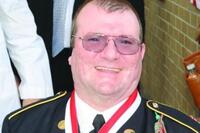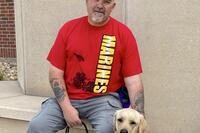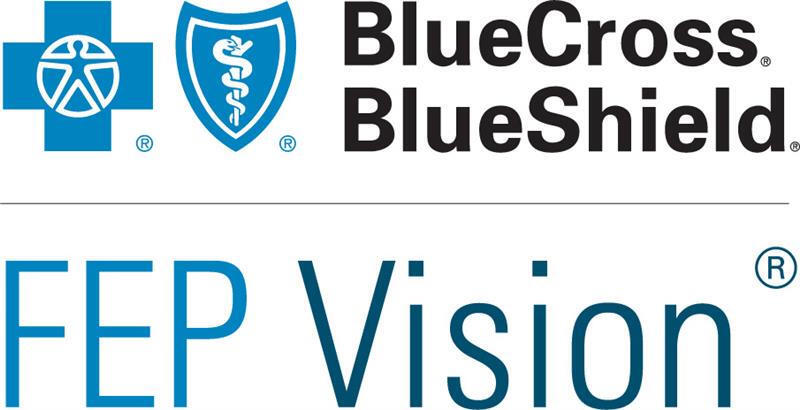While much is said about the fact that veteran suicide is a national problem that needs a solution, not much is said about the effects of those suicides -- how loved ones and friends deal with the loss of a loved one, friend, or acquaintance who is an important part of their life.
Often the survivors are faced with many issues besides the obvious loss of a loved one or friend. Quite often they have to deal with losing the family breadwinner, a person they look to as an example, or someone they have shared meaningful life experiences with. Also, survivors are the ones left to mourn and question, often blaming themselves and wondering what they could have done to prevent their loved one from taking their own life.
The Department of Veterans Affairs says that for every suicide, an estimated average of 135 people are affected. While suicide prevention is very important and helps thousands of veterans and their families every year, programs to help survivors deal with the after-effects of suicide are less common.
Related: Learn more about veteran suicide prevention.
To help these survivors, the VA's Office of Mental Health and Suicide Prevention has created a support program, known as the Uniting for Suicide Postvention (USPV) program.
You don't need to be a veteran to get assistance from the program.
The USPV program provides postvention information and resources to assist survivors as they navigate their healing journey, both immediately after the loss and in the months and years that follow.
The Veterans Crisis Line is available 24 hours a day at 800-273-8255 or by text at 838255. Their website also offers online chat and support for those who are deaf or hard-of-hearing. The website also has links to many local resources that can offer assistance. .
Quality postvention can facilitate survivors' healing. It helps them understand and address the complex thoughts and emotions that make coping after a suicide loss particularly challenging, officials said. USPV offers a place where loss survivors can explore painful and challenging emotions they may be experiencing. It strives to create a community of shared healing by improving education about postvention and access to support and resources.
Experts consider exposure to suicide a risk factor for suicide. Survivors are at greater risk for substance use disorders and mental health issues than those who haven't experienced such a loss. This includes including thoughts of suicide. Those exposed to suicide in the workplace are 3.5 times more likely than others to take their own lives. The VA says that the risk for new suicide attempts doubles for military units with five or more suicide attempts in a year.
Grief after loss can be so intense that it prevents survivors from seeking help at a critical crossroad. But by helping survivors heal after a suicide, postvention reduces the risk of additional suicides in the deceased person's circle. In that way, postvention healing is a vital component of prevention.
For details on assistance programs available to survivors of suicide, and to hear how others dealt with their loss visit the VA website.
You can also learn about mental health support for veterans from the VA.
Stay on Top of Your Military Benefits
Not sure what your veteran health care benefits are? Keep up with all the changes and details. Subscribe to Military.com. and get all the latest updates straight to your inbox.













